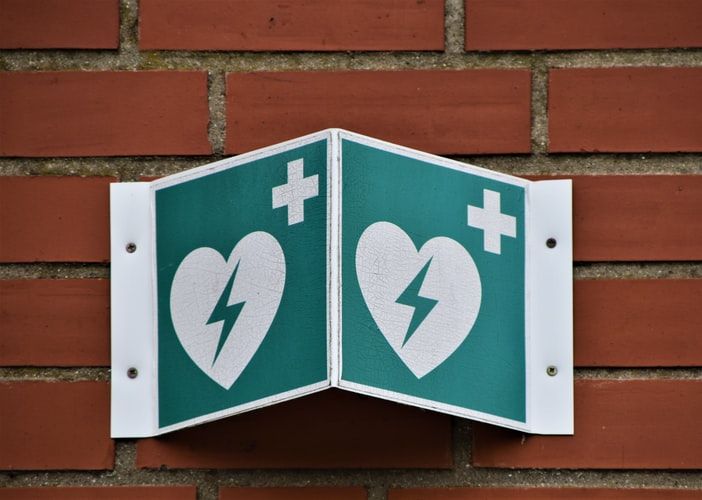According to an expert, a new variant cannot solely bring a third wave and that COVID-19 will most likely start becoming endemic in India in the next six months. “This pandemic has defied most of our predictions but in the next six months, we will approach endemic status,” Sujeet Singh, the Director of the National Centre for Disease Control (NCDC) told NDTV.
He noted that this would mean manageable infection and less pressure on the health infrastructure.
Also Read | Vaccines for kids: Which countries have started vaccinating children?
“If the mortality and morbidity is under control, then we can manage the disease,” he said, adding that Kerala, which had a large susceptible pool, is also emerging from the raging COVID crisis it was battling a few weeks ago.
He insisted that vaccination is the strongest protection against the virus.
“75 crore people have been vaccinated. If vaccine effectiveness is 70%, then around 50 crore people in India have got immunity. A single dose gives 30-31% immunity. So the 30 crore people, who have received a single dose, are also immunised,” he said.
Also Read | Masks will stay through 2022: NITI Aayog member
However, this doesn’t mean that people can start taking the infection lightly. The doctor emphasised on following COVID-19 guidelines even after. “Breakthrough infections, or fully-vaccinated people getting infected, will happen in 20-30% of cases,” Dr Singh said.
“Breakthrough infections are also because of the new variants. Scientists say within 70 to 100 days of vaccination the immunity level starts dropping,” he explained.
“It is through more exposure to the virus and vaccination that the infections would reduce.”
According to him, the C1.2 and Mu strains have not yet been found out in India.
“Just a new variant cannot cause a third wave. The factor will be a mix of behaviour and antibodies. There is some worry because of the festival season,” Dr Singh said.







